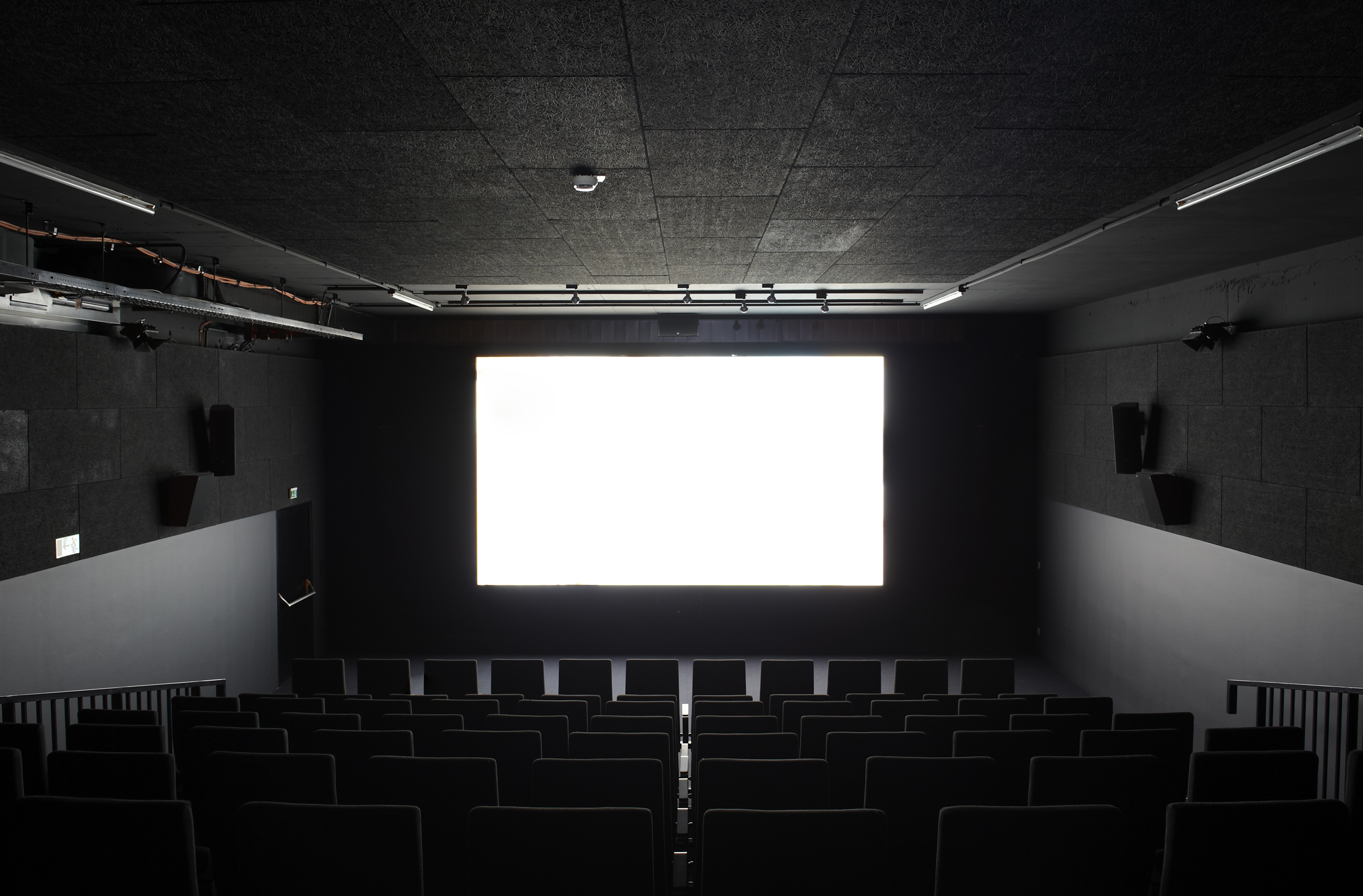
19.4.2023
(Un)choreographed Realities
(Un)choreographed Realities
This program presents a selection of historical and contemporary films that address the politics of bodies in motion. The focus is on various kinds of choreographed, staged, unconscious, or random gestures—above all in dance—and their potential for finding forms of fleeting community. The starting point is Joyce Wieland’s film Hand-Tinting made in the context of the New York film avant-garde of the 1960s. For this film, the artist used material she had already recorded for an unfinished documentary film. Unlike the project she had originally planned, which was intended to portray a state-subsidized school that was mainly attended by young and mostly Afro-American women, this film celebrates the togetherness of its protagonists in the context of their leisure activities. Hand-Tinting shows a group of women dancing in a moment of commonality, underscored by Wieland’s rhythmical picture editing.
The other films presented here refer in many ways to this work from the 1960s, while their interest in contemporary issues and their use of different filmic narratives also set them apart from Wieland’s historical practice. In Wendelien van Oldenborgh’s film obsada (2021), set in Poland, female students and filmmakers discuss the history and present of local, and also experimental, film production and its patriarchal structures, complemented by a series of interventions with staged gestures performed by the protagonists. Diane Severin Nguyen’s If Revolution Is a Sickness (2021), also filmed in Poland, focuses on a group of young K-pop enthusiasts, who are seen performing the appropriate dances. Nguyen’s film is a reflection on questions of representation and identity, with reference to national symbolism, historical realities and experiences of migration and growing up. Viktoria Schmid’s It’s a Dance (2014) works with found footage from an American youth series of the 1990s, showing a dance sequence and relating to Nguyen’s pop-cultural references and questions concerning young people’s search for identity, while it also—in a return to the opening film in this program—refers to the pictorial idioms of historical avant-garde in Wieland’s sense.
Program
Joyce Wieland, Hand-Tinting, 1967, 6 min
Wendelien van Oldenborgh, obsada, 2021, 34 min
Diane Severin Nguyen, If Revolution Is a Sickness, 2021, 19 min
Viktoria Schmid, It’s a Dance, 2014, 2:30 min
Introduced by Bettina Brunner, followed by a conversation with Viktoria Schmid
As part of the conversation Viktoria Schmid’s new film NYC RGB (2023) will be shown.
Bettina Brunner is currently the curator of the mumok cinema. As a curator and writer, her work focuses on the field of avant-garde film and contemporary art. She undertook research on the artistic practice of Joyce Wieland in her dissertation project Eine durchkreuzte Geschichte des strukturellen Films (A Thwarted History of Structural Film, 2017) and during a curatorial residency in New York and Toronto (2018). Among the projects she has curated are film programs on Wieland’s works and the exhibition “The Mouth Is About Language.” Joyce Wieland in Close-Up (2019), with works by Wieland and Elisabeth Kihlström.
Viktoria Schmid works at and is interested in the interface of cinema and exhibition space. The various media she uses in her practice—such as film, video, sculpture, and photography—are co-authoring her works. These have been shown in Austria and abroad within exhibition contexts as well as at film festivals, amongst others at International Short Film Festival Oberhausen, International Film Festival Rotterdam, FID Marseille, and Viennale Film Festival. Her works were presented in exhibitions at Künstlerhaus Wien, Vienna (solo); Kunsthaus, Graz; Fotogalerie, Vienna; Offenes Kulturhaus, Linz, and Musa, Vienna (solo). Her most recent film NYC RGB was shown at the opening program of Diagonale – Festival of Austrian Film, Graz in 2023.
© mumok – museum moderner kunst stiftung ludwig wien